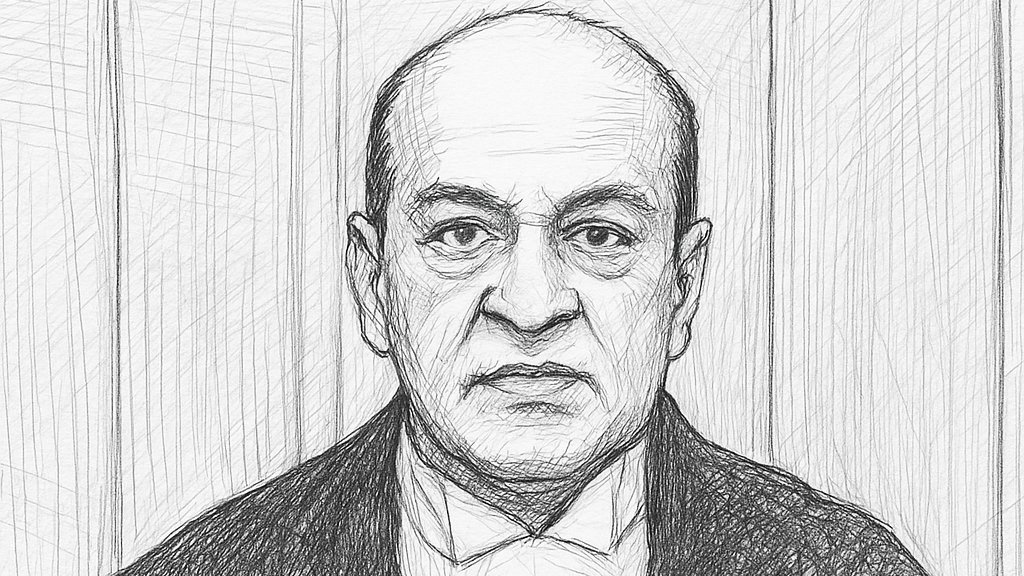A quiet bail hearing in Kerala has now snowballed into a larger fight over hierarchy, gatekeeping, and the role of young lawyers in court.
It began with an unusual move by the Kerala High Court: appointing two law students as amici curiae.
It began with an unusual move by the Kerala High Court: appointing two law students as amici curiae.
In the case, Justice Bechu Kurian Thomas appointed Ms. Nikhina Thomas and Ms. Neha Babu, both law students, to assist in a bail plea under the NDPS Act.
They were appionted as Amicus and the bail was granted.
They were appionted as Amicus and the bail was granted.
Though the only place they received applause was from media and the judge.
The Kerala High Court Advocates’ Association (KHCAA) fired off a letter to the Chief Justice expressing their “strongest displeasure” at the appointment.
The Kerala High Court Advocates’ Association (KHCAA) fired off a letter to the Chief Justice expressing their “strongest displeasure” at the appointment.
The KHCAA’s argue that Courts aren’t training grounds. Amici curiae should be seasoned advocates, not students. The dignity of the process, they say, depends on professional representation.
Beneath that, however, lies a deeper tension that has been simmering in the legal profession for decades:
Who gets to speak in court? Who decides whose voice is worthy?
Who gets to speak in court? Who decides whose voice is worthy?
Because the truth is, nothing in law inherently disqualifies a capable law student from researching, drafting, or presenting an informed legal opinion, especially when appointed by a judge.
The “rules” here are more custom than codified.
The “rules” here are more custom than codified.
The KHCAA says this is about “professional standards.”
But ask yourself, would they be as upset if the amici were fresh-faced junior advocates with one year of practice? Or is the real discomfort about students proving they can do it too?
But ask yourself, would they be as upset if the amici were fresh-faced junior advocates with one year of practice? Or is the real discomfort about students proving they can do it too?
Because every time someone outside the “approved” hierarchy delivers value, it chips away at the idea that gatekeepers are the sole guardians of competence.
And yes, there’s a legitimate policy conversation to be had:
Should there be formal rules for appointing amici curiae? Should students be eligible? How do we ensure quality and fairness in such appointments?
Should there be formal rules for appointing amici curiae? Should students be eligible? How do we ensure quality and fairness in such appointments?
But that’s a separate debate from dismissing student participation outright.
If a High Court judge finds value in their assistance, isn’t that itself a measure of merit?
If a High Court judge finds value in their assistance, isn’t that itself a measure of merit?
The legal profession often laments the “lack of exposure” young lawyers get.
Yet, when a rare opportunity opens up on the record, in open court, the instinct is to slam it shut.
Yet, when a rare opportunity opens up on the record, in open court, the instinct is to slam it shut.
In an age where information is democratized, and where skill can be demonstrated far earlier in a career, the idea that only seniority equals competence is not just outdated, it’s actively harmful.
• • •
Missing some Tweet in this thread? You can try to
force a refresh





